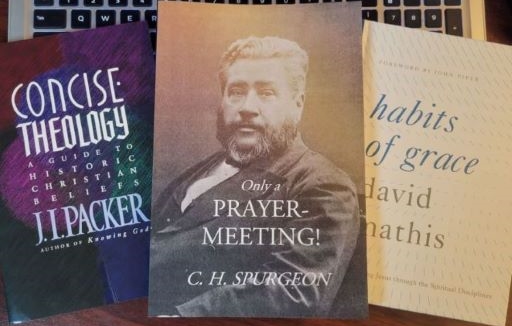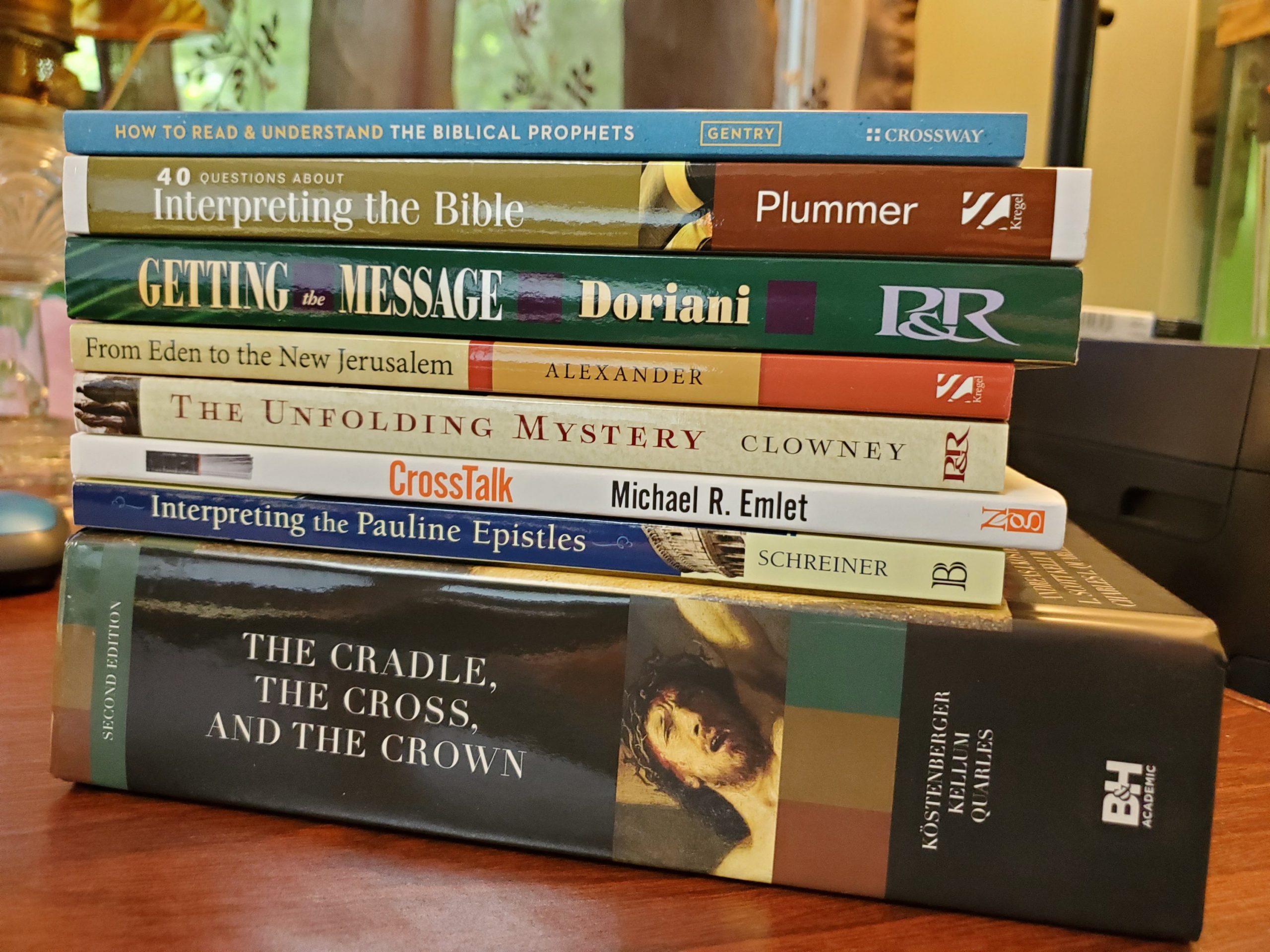Old Testament Wanderings: Worship, Personal Choice, and Vanity
In my last class, I picked up 6 Ways The Old Testament Speaks Today by Alec Motyer. It was meant as a book the student could read and review for extra credit. I fully intended, though I had no need ultimately, to do the extra credit. But, my failure to plan my time then means I have a great book now that I can use devotionally for a much more leisurely paced venture.

Each of the main chapters addresses a particular “voice” in the Old Testament. They begin with a summary of the idea, then 6 days of bible readings and discussion, plus more readings in the back of the book for deeper digging. I had already completed the first two chapters, “The Voice of History” and “The Voice of Religion”, so now I’m tackling chapter 3, “The Voice of Worship”.
I’ve loved Motyer’s manner so far, but the first day’s Bible reading for “worship” really captured my attention. Motyer sends the reader to Genesis 4:1-15, the account of Cain and Able. I must admit that when I think of dwelling on worship in the Old Testament, my mind doesn’t (or didn’t) race to this story in Genesis 4. As Motyer notes, this story “is one of the many places where we really wish the Bible gave us more information.” (p.67)
Motyer briefly walks the reader through some options for understanding the naming of Cain and the implications of God’s words to Cain in verses 6 and 7. There is a brief consideration of the type of Cain’s offering, finally turning to the “disposition of the offerer”, the fact that unlike Cain, Abel appears to go out of his way to offer the best portions.
Which brings me to the following:
If we are at all moving along the right lines (and at least it all concurs with what we learn throughout the Bible), then as a basic rule, worship must rest on, and be obedient to, a previously revealed will of God. We are not free to be self-pleasing. Worship is not an area in which personal choice and what we might find “helpful” are in order. As Calvin remarks on Matthew 15:9, “True religion must be conformable to the will of God as its unerring standard.” Jesus was, if anything, sharper: worship that is no more than a human device is “vain” (Matt. 15:9). This was the pit into which Cain fell, where arrogance, pride, and sinful animosity bound him and turned him into a brother-hating murderer (1 John 3:11-15). And indeed, we need to keep our traditions of worship constantly under review, with ceaseless reformation and adjustment according to the Word of God, lest our coming together be condemnation rather than a blessing.
6 Ways the Old Testamant Speaks Today, pp.67-68
This hit me pretty hard this morning. In what ways might I turn away from proper worship? Is it devotion to a particular style? The demand for a certain level of performance or execution? A desire to cling to tried-and-true patterns, or the warmth of nostalgia? Or maybe a persistent search for the new, different or unique. It brings up a lot of questions!
Is worship about what “works”? It was for Cain. He gave what he had, without thought for God’s former provision. Is worship simply a filler in our services, or potentially worse, clever religious marketing? Is it there to please a certain crowd, draw a certain audience, to create the right image, to check a box? Or is it there to set the mood, to create an emotional response, to cover up the transition from one part of our corporate gathering to another?
Does worship say more about us than about God? Are we focused on Him or are we looking for an outlet for our religious fervor? Is our worship aimed at humbling ourselves before God? Paul deals with this as he addresses the Corinthians. Rather than proper worship in loving community, they have perverted the Lord’s supper by their selfish carousing, taking on the role of Cain in this murderous drama. Paul does not mince words.
Finally, how do I – how do we – respond to distractions? Is a child in service – our own or another’s – a distraction that “ruins” worship? If worship doesn’t measure up to our expectations, do we respond with frustration, irritability or hurt feelings? What if the band or singers makes a mistake, or a couple mistakes, or can’t seem to get it together? How is our worship affected? Where is our focus?
Motyer has got right to the point in this first offering. Worship starts by asking what God wants, how to best please him. And our efforts to make worship in our own image stink of the grave.



